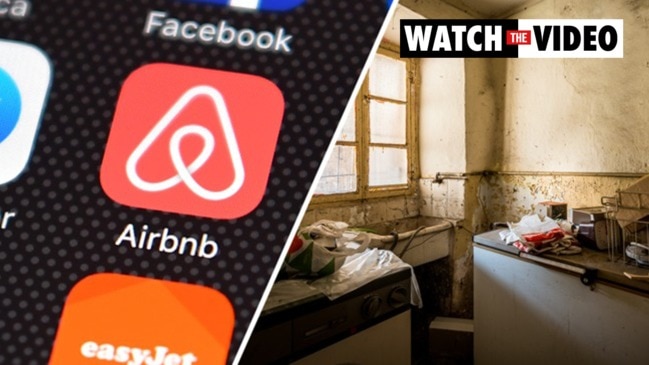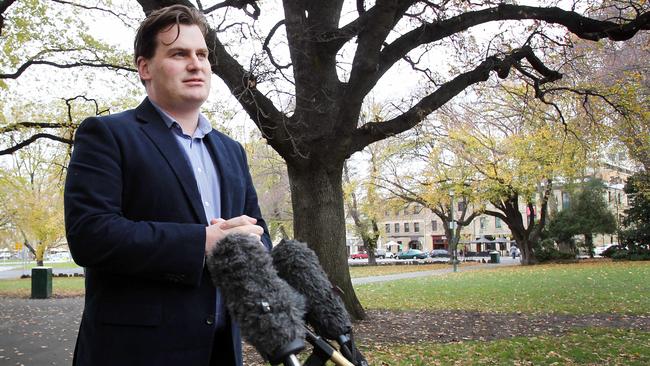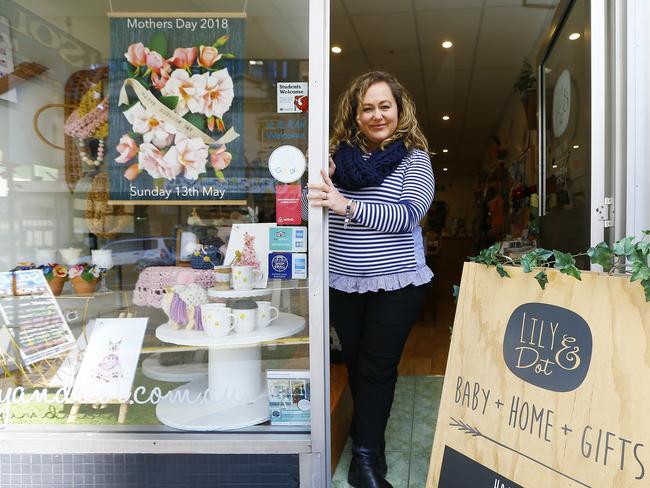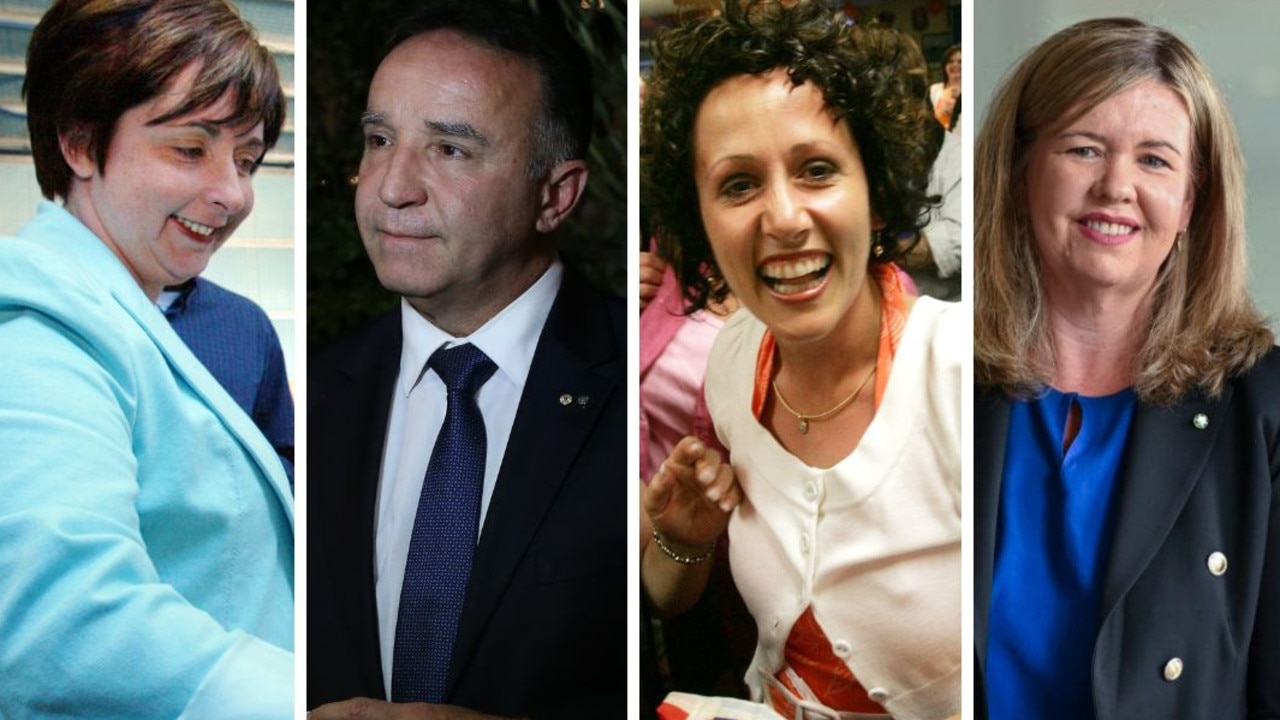Tourism body criticises State Government’s Airbnb rules
A LOCAL small business owner has warned that the positive impacts of Airbnb are being forgotten in the debate around short-stay accommodation.

Politics
Don't miss out on the headlines from Politics. Followed categories will be added to My News.
A LOCAL small business owner has warned that the positive impacts of Airbnb are being forgotten in the debate, after Tasmania’s peak tourism body likened the State Government’s short-stay accommodation regulations to a “slow moving train smash”.
Tourism Industry Council Tasmania chief executive Luke Martin said it had become apparent that nearly all Tasmanian stakeholders agreed that the State Government’s reforms to facilitate home sharing and deregulate short-term visitor accommodation had “gone too far in terms of removing any reasonable planning and regulatory control over where and how property owners engage in visitor accommodation”.
Mr Martin said the tourism industry was not opposed to Airbnb or home sharing, but opposed to “bad policy” in the tourism industry’s name.
“When it has become apparent over recent weeks state and local government have absolutely no idea exactly how many Airbnb properties are currently listed in Tasmania, and are having to rely on Airbnb itself to offer up that information, there is something clearly wrong,” Mr Martin said.
“When barely 12 months ago the State Government was championing its ‘nation-leading’ reforms to deregulate visitor accommodation to encourage homeowners to use their properties for visitor accommodation, only to now offer taxpayer funds to subsidise these exact same property owners to take their properties off Airbnb and return to residential rental accommodation, something has clearly gone off the rails.”

However, local small business owner Katinka Challen, who owns Lily & Dot in mid-town, said she was concerned the positive impacts of Airbnb on small retail and hospitality businesses were being forgotten in the debate.
“We have direct business benefit from the Airbnb boom,” Ms Challen said.
“I think it’s important that in a visitor economy like Tasmania’s, where visitors want to come here for an authentic local experience, they want to go behind the scenery … that small traders have a voice.
“These people are helping us pay our rent, and pay our staff, and helping our businesses grow.”

In mid-2016 the Government decided to deregulate the sector and introduced new rules allowing homes with up to four rooms to be rented without a permit.
Owners of larger homes, investment properties and shacks are supposed to lodge a self-assessment safety declaration form with their local council to receive a permit, but compliance levels are unclear.
Professor Richard Eccleston from the University of Tasmania said researchers did not believe that compliance had been “strong” and that council data on the number of permits issued could not be relied on for accurate data on Airbnb usage.
Hobart Deputy Mayor Peter Sexton has called on residents to dob in nearby Airbnbs to ensure they are complying with the rules.
MORE: DEPUTY MAYOR’S PLAN CALLS FOR AIRBNB SPIES
Approval is only required for investment properties larger than 300 sq m.
About 60 visitor accommodation sites were approved by Hobart City Council between July 2017 and last month, but research into Airbnb from February revealed the number of entire homes being offered in the Hobart area was 876.
Mr Martin said he did not believe Airbnb was the reason behind Hobart’s housing crisis, but the unfettered expansion of commercial visitor accommodation in residential areas was becoming a lightning rod for public discontent about the impact of Tasmania’s tourism growth.
“This is completely avoidable by striking a more reasonable and appropriate balance between embracing genuine home sharing and ‘Airbnb hosting’ from primary places of residences, while maintaining some reasonable level of planning and regulatory control and compliance across investment properties,” Mr Martin said.
“This is exactly the model we worked on with the State Government, but unfortunately, they were captured by the slick lobbying of Airbnb interstate spin machine, and proceeded with a model that now seems completely out of whack with community and industry expectations.”
Housing Minister Roger Jaensch said Tasmania had embraced the sharing economy, and the government had no plans to change the rules.


